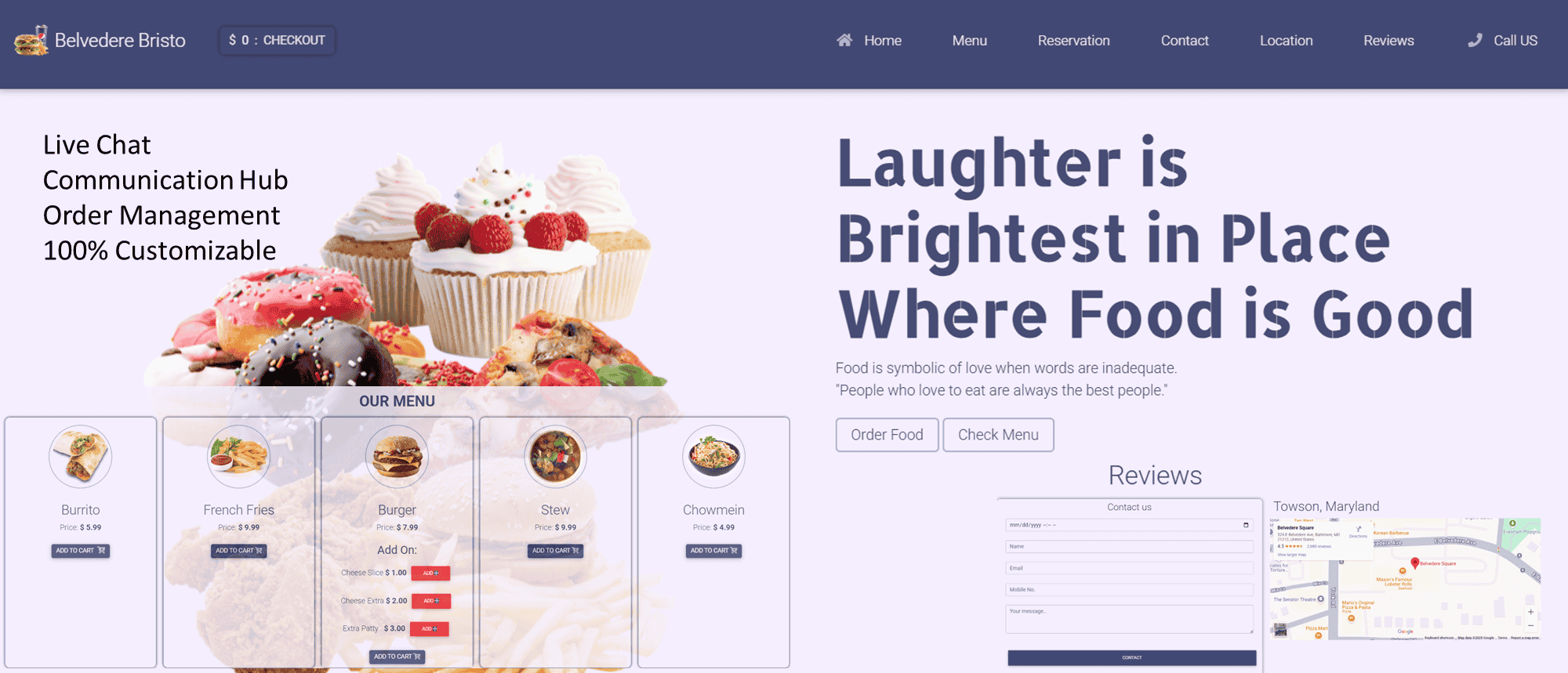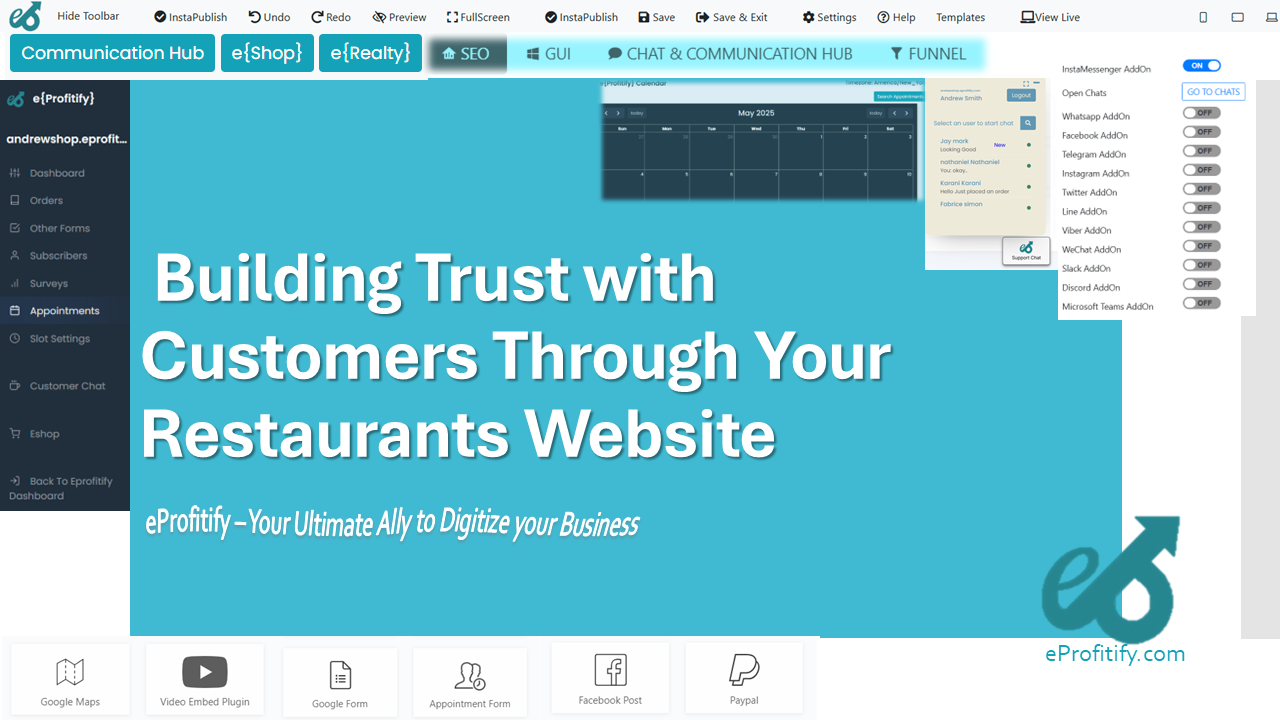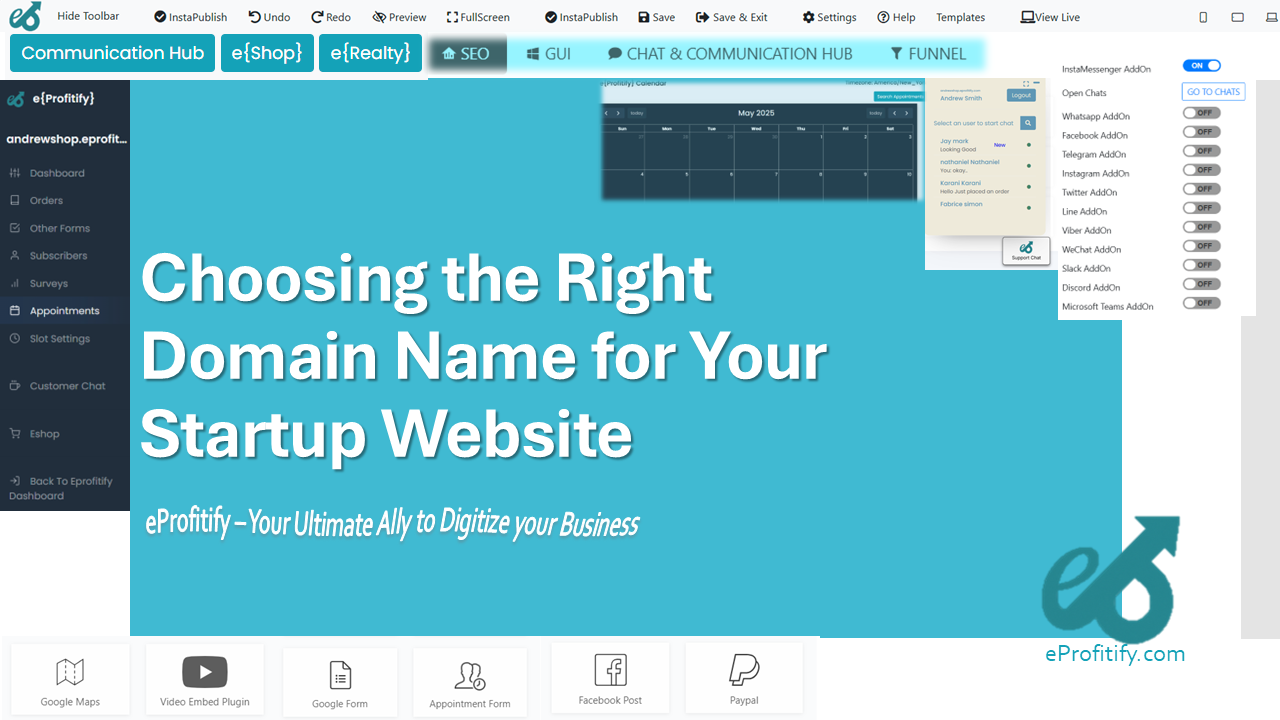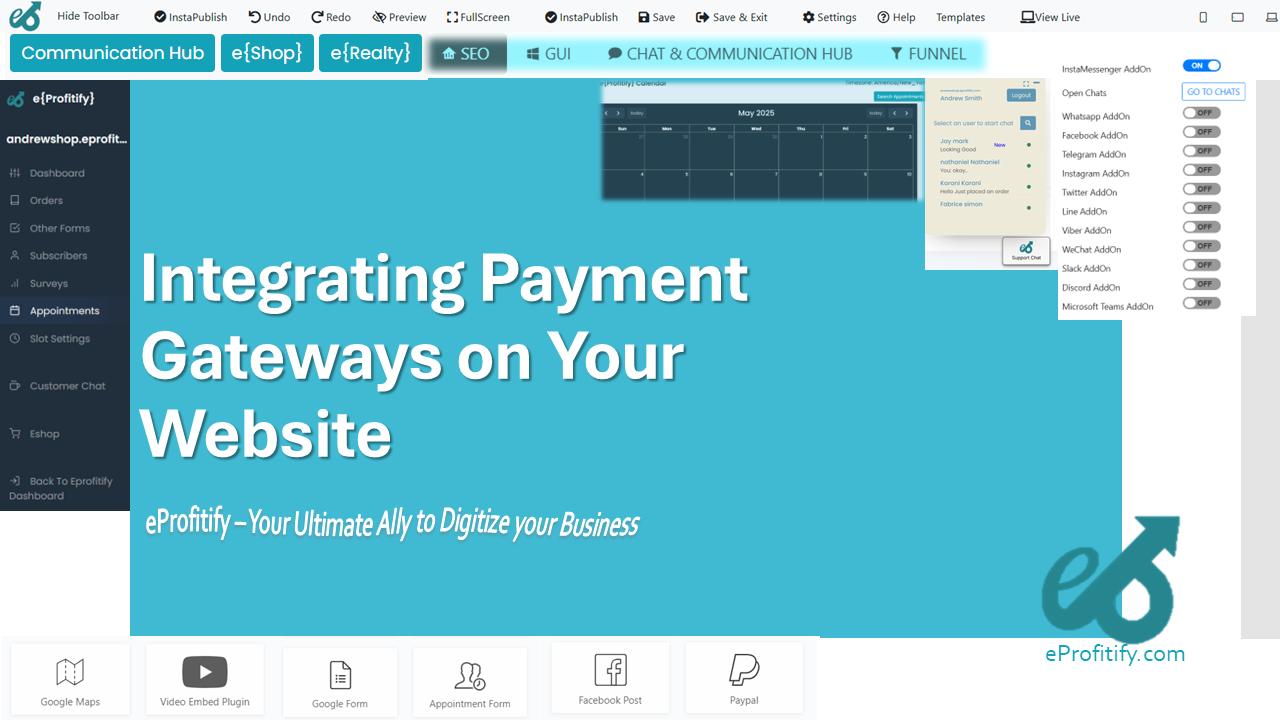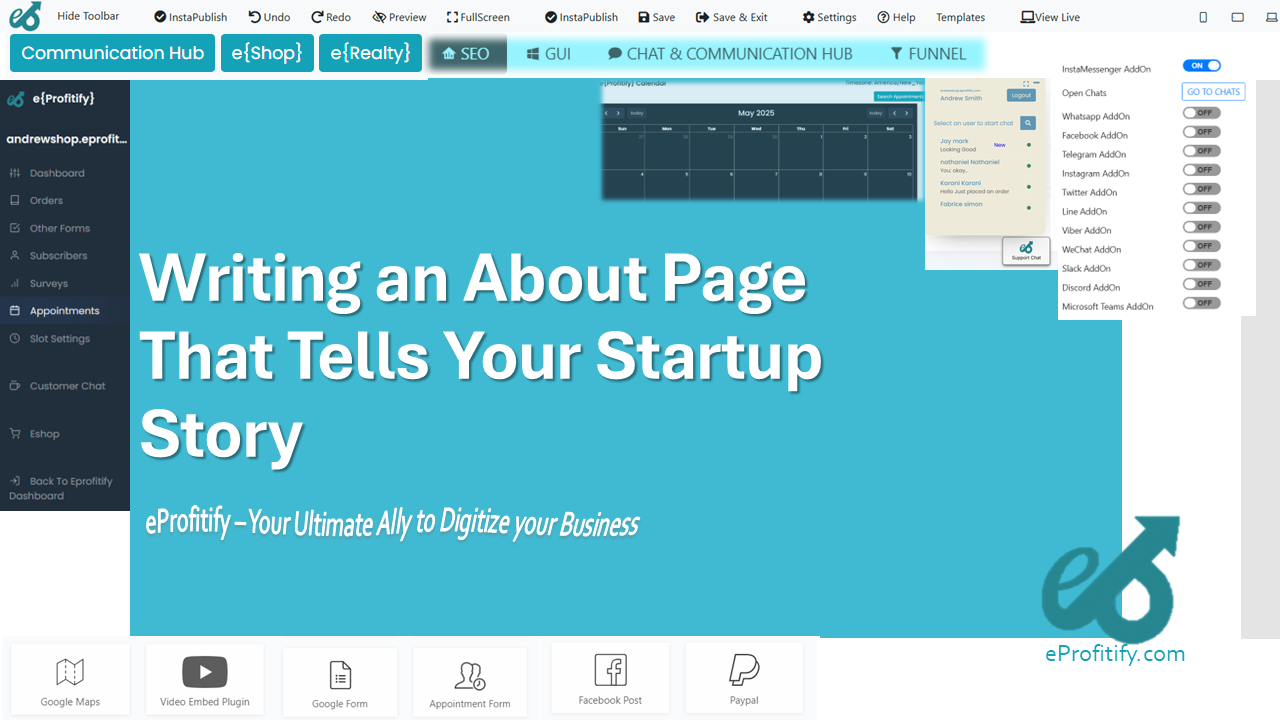The Impact of Mobile Reviews on Restaurant SEO
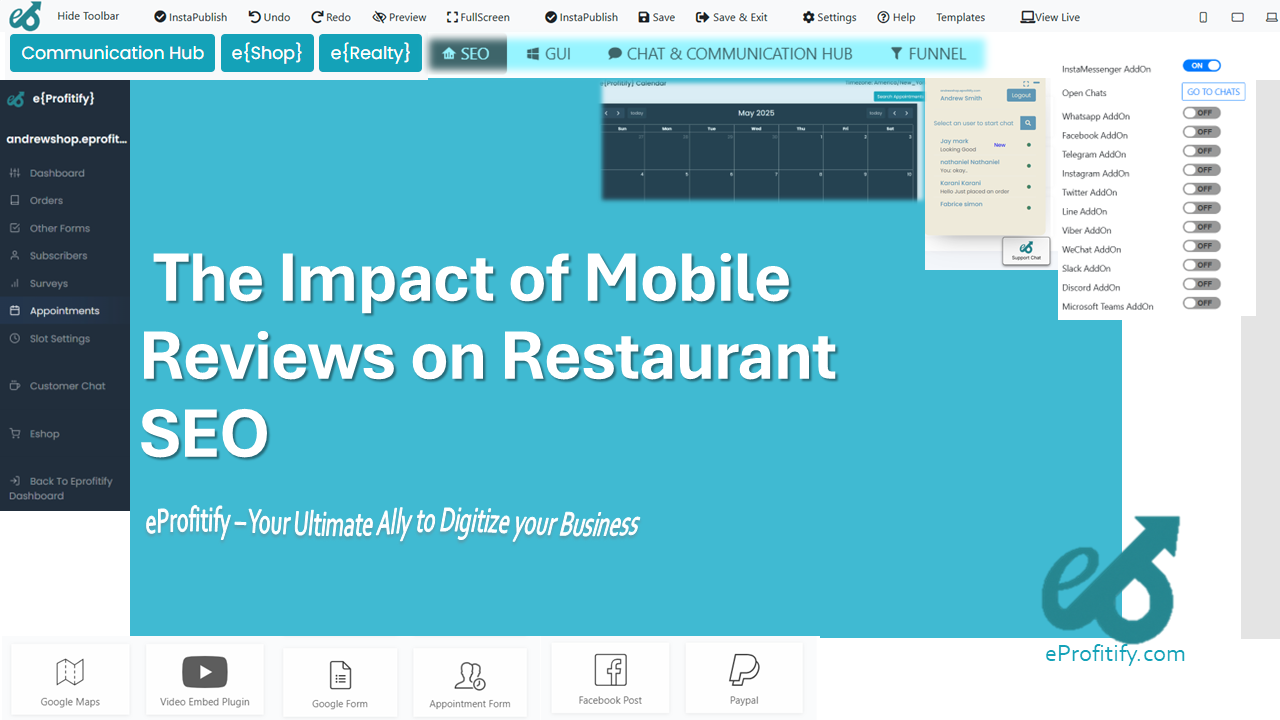
The Impact of Mobile Reviews on Restaurant SEO
Introduction: The Digital Transformation of Dining
The restaurant industry has undergone a seismic shift with the rise of digital technology. Today, over 60% of consumers use smartphones to discover, evaluate, and engage with restaurants, making mobile devices the cornerstone of dining decisions. In this mobile-first era, online reviews have emerged as critical drivers of consumer behavior and search engine optimization (SEO). For restaurants, managing mobile reviews isn’t just about reputation—it’s a strategic imperative to boost visibility, attract customers, and stay competitive.
The Rise of Mobile-First Consumers
Mobile devices dominate how people interact with businesses. According to Google, 64% of consumers search for restaurants on their phones, often while on the go. This trend is amplified among younger demographics: 78% of millennials use mobile apps to discover dining options. With near-instant access to menus, photos, and reviews, diners rely on mobile platforms like Google My Business (GMB), Yelp, and Facebook to make informed choices.
Mobile Reviews: A Local SEO Powerhouse
Search engines prioritize local relevance, and mobile reviews directly influence a restaurant’s SEO performance. Reviews contribute to three key local SEO factors:
- Proximity: Mobile users often search “near me,” prompting search engines to prioritize businesses with positive reviews close to the user’s location.
- Prominence: Restaurants with higher ratings and review volumes are deemed more reputable, improving their rankings. Moz highlights that reviews account for 15% of local SEO algorithms.
- Relevance: Keywords in reviews (e.g., “vegan-friendly” or “best brunch”) help search engines understand a restaurant’s offerings, aligning them with user queries.
Statistics That Highlight the Impact
- 76% of consumers trust online reviews as much as personal recommendations (BrightLocal, 2023).
- A one-star increase on Yelp can lead to a 5–9% revenue boost (Harvard Business School).
- 88% of diners read reviews to assess restaurant quality, with 73% valuing reviews less than a month old (OpenTable).
- Google prioritizes businesses that actively manage reviews; responding to feedback can increase visibility by 17% (ReviewTrackers).
Challenges in Managing Mobile Reviews
While reviews are powerful, they pose challenges:
- Volume and Velocity: Managing reviews across multiple platforms (GMB, Yelp, TripAdvisor) is time-consuming.
- Timely Responses: Slow replies to negative reviews can damage reputation and SEO.
- Sentiment Analysis: Tracking trends in feedback to address recurring issues (e.g., service speed) requires constant monitoring.
- Integration: Merging review insights with operational tools (e.g., CRM, booking systems) is often fragmented.
Eprofitify: Streamlining Review Management and SEO
To overcome these hurdles, restaurants are turning to all-in-one solutions like Eprofitify, a leading website publishing and management platform designed to enhance digital operations. Eprofitify integrates tools that directly address mobile review challenges while boosting SEO:
-
Centralized Review Management:
Aggregate reviews from GMB, Yelp, Facebook, and more into a single dashboard. This simplifies monitoring and responding to feedback, ensuring no review goes unnoticed. -
Instant Messaging:
Engage customers in real time to resolve complaints before they escalate into negative reviews. Proactive communication can turn dissatisfied diners into loyal patrons. -
CRM Integration:
Track customer preferences and history to personalize experiences. Happy customers are more likely to leave positive reviews, which enhance SEO rankings. -
Appointment Management System:
Reduce no-shows and streamline bookings. A seamless reservation process improves customer satisfaction, indirectly driving favorable reviews. -
Ecommerce Integration:
Enable online ordering and payment, then prompt customers for reviews post-purchase. This increases review volume, a key SEO metric. -
SEO Analytics:
Track keyword performance and local search rankings. Eprofitify’s analytics help restaurants optimize content and monitor the SEO impact of reviews.
Case Study: Transforming Feedback into Growth
A NYC-based bistro using Eprofitify saw a 30% increase in GMB visibility after integrating the platform. By responding to 90% of reviews within 24 hours and leveraging CRM insights to address service gaps, their average rating rose from 3.8 to 4.5 stars in six months. This boosted their local search rankings, driving a 20% uptick in foot traffic.
Conclusion: The Future of Restaurant SEO
Mobile reviews are no longer a peripheral concern—they’re central to a restaurant’s digital success. By influencing local SEO, shaping consumer perceptions, and driving traffic, reviews are a powerful growth lever. Platforms like Eprofitify empower restaurants to harness this potential through integrated tools that streamline operations, enhance customer engagement, and amplify online visibility. As mobile usage grows, investing in review management and SEO will remain critical for restaurants aiming to thrive in an increasingly competitive landscape.
In an age where a single review can make or break a dining decision, the synergy between mobile feedback and smart technology is the recipe for long-term success.
